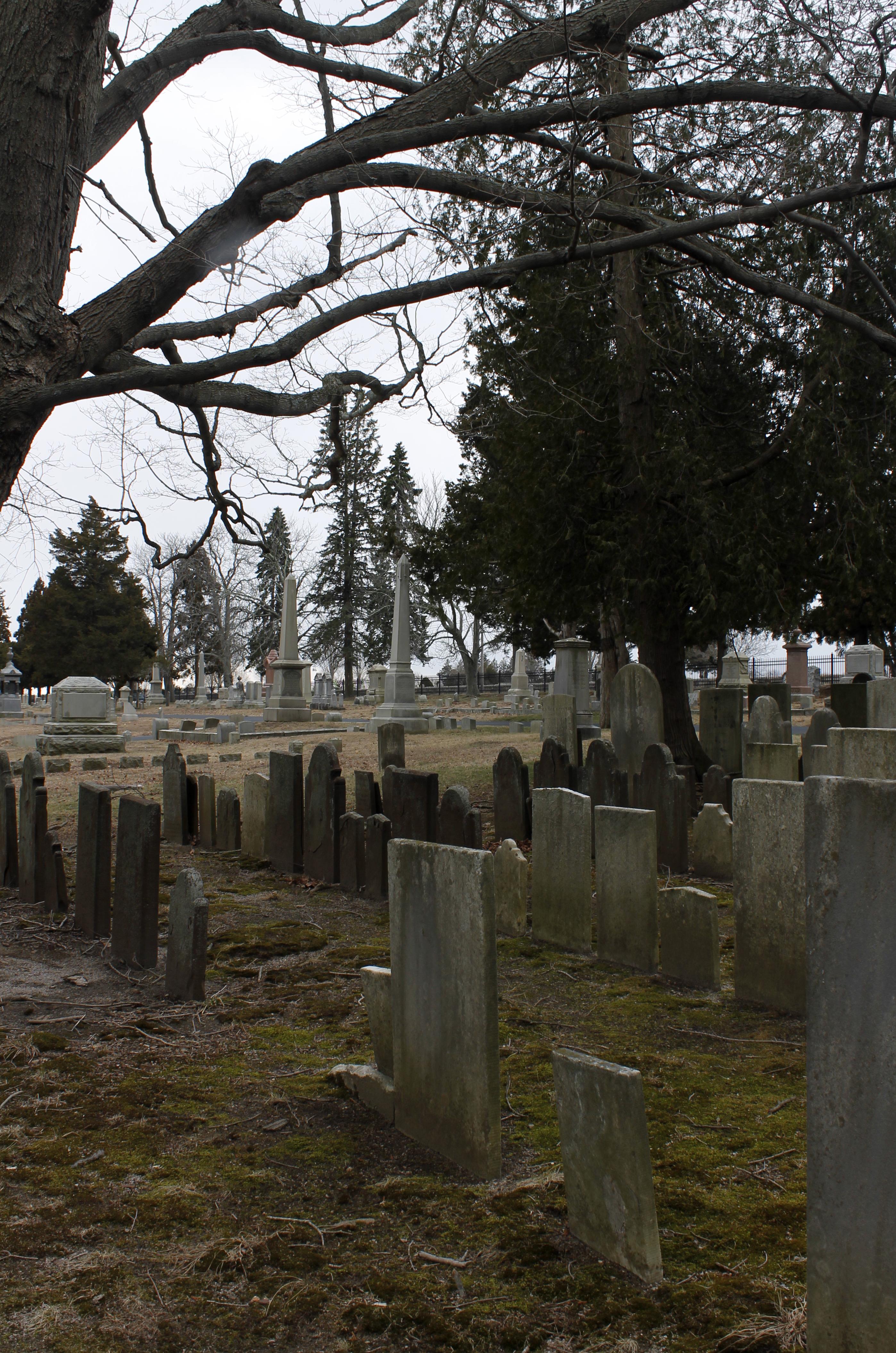Remarks delivered at the Workers’ Memorial, April 28, at the Old Capitol Building, Raleigh
Micah 7:1-4, 6:8
God has always had a preferential option for the marginalized and the down trodden of society, while also holding out hope that the dominant and powerful will see justice the way God sees it. Sometimes people in charge don’t see the injustice occurring to those who work beneath them; sometimes they don’t understand it when it happens; and sometimes they know exactly what they’re doing, but they do it anyway because they are powerful and they can. Sometimes the government positions itself to protect the vulnerable when other humans can’t always be trusted to love our neighbors, and sometimes the government lets down that trust as well.
The history of this nation is rife with stories of companies that abused the environment with toxic waste and endangered workers with toxic exposure, and governments that allowed more or less of it to happen on their watch. Yes, there were human beings behind those egregious corporate decisions and government policies, but more often the forces of corporate greed and human culpability conspire to create a vortex of power greater than the human giving the orders. The people of the Bible understood this as demonic power and while we more enlightened 21st century believers might not revert to devils and angels to explain the world around us, we certainly do understand something about collective power, especially the collective power that is under the spell of accumulated wealth.
These verses from Micah show in stark terms what happens to our society when destructive power runs amok. While we may not have sunk to the point of bribing lawmakers and judges like the people Micah is critiquing, we have often allowed those with power to dictate the laws we have, laws that not surprisingly favor the powerful. God knows we have a tendency to do this, to protect our own resources before we look to the protection of others. But God always leaves room for redemption and reminds us of the better course: do justice, love kindness, walk humbly.
With those precepts in mind, we’re here today to call on some collective power for good. By summoning ourselves into this public space, we bear witness to a truth that is greater than the evil that drives greed and allows complicity. By naming aloud those who have died at the hands of collective evil, we redeem their lives for truth and justice. They do not die forgotten. We stand here today and remember.
Thank you.

